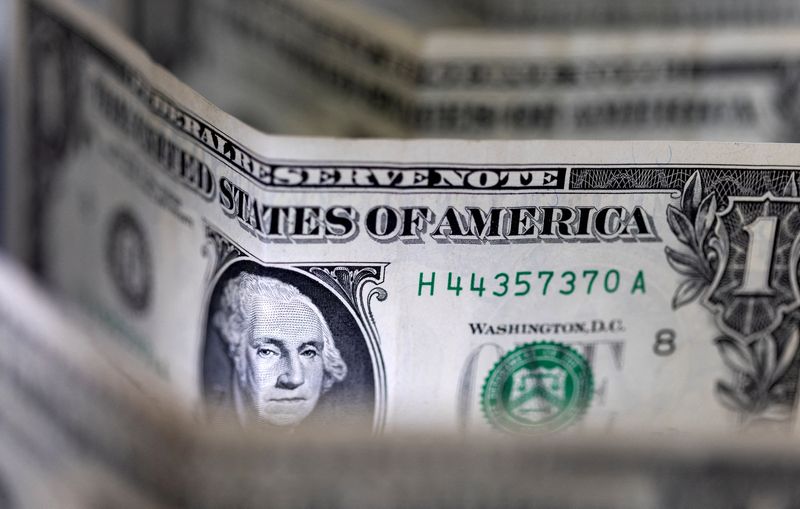Investing.com – The US dollar got an overnight boost following the release of stronger-than-expected second-quarter growth data. And even if the US economy is heading towards a recession, this does not necessarily mean that the dollar will become weaker, according to MacQuarie.
At 07:00 ET (11:00 GMT), the Dollar Index, which tracks the greenback against a basket of six other currencies, was trading 0.1% higher at 101.325, after rising to its highest level since August 22 on 101.58 on Thursday. .
The recent deterioration in US labor market conditions looks worrying because much of the recession-on/recession-off debate and so many recession indicators focus on trends in US labor market data, MacQuarie analysts said in a note of August 1. 29.
That is the case even though the NBER recession calls are not so rule-based that they only look at jobs, but at the economy in general.
But even if the U.S. moves closer to a recession, that doesn’t necessarily mean the dollar will weaken, the bank added.
Other economies are also seeing or will see weakness (e.g., Germany) (e.g., Britain), suggesting economies are reaching their peak.
Growth in Europe and Britain is still generally considered to be worse than in the US, especially given Germany’s weak (-0.1%) GDP print in the second quarter.
However, to keep hopes of policy easing alive, traders need to see more signs of disinflation globally.
The figures have not disappointed in that respect: the moderate inflation figures from Germany and Spain predict a decline in inflation to 2.2% on an annual basis.


